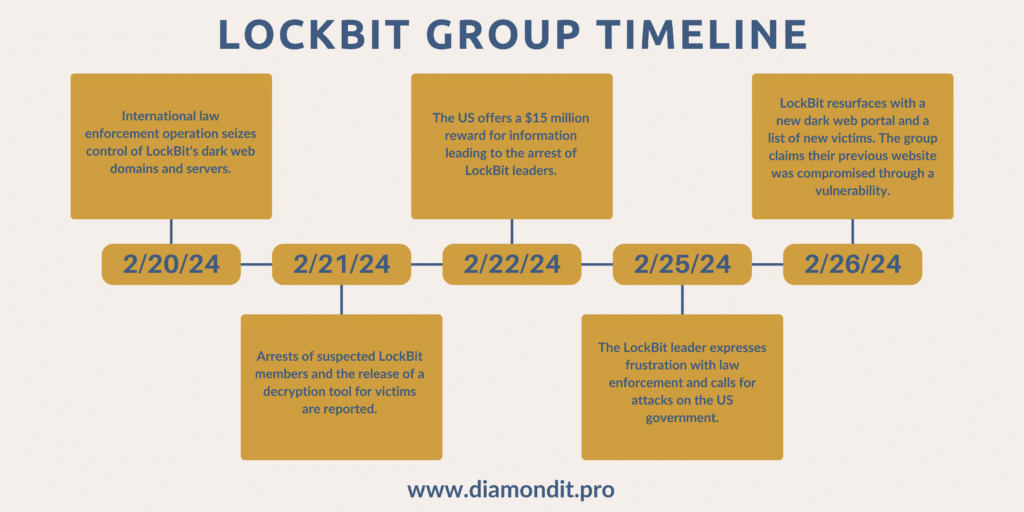
The internet, as we know it, is like a vast ocean. The surface web, easily accessible through search engines, is like the visible part of the ocean, teeming with websites and information readily available. But beneath the surface lies a hidden realm – the dark web.
What is the Dark Web?
The dark web isn’t inherently malicious, but it operates differently than the surface web. It consists of websites and content that are intentionally hidden from traditional search engines and require specialized software like Tor to access. This anonymity fosters both legitimate and illicit activities.
The Good Side of the Dark Web:
While often associated with negative connotations, the dark web serves some positive purposes:
- Protecting whistleblowers: Individuals exposing wrongdoing within organizations or governments can utilize the dark web to communicate anonymously.
- Censorship circumvention: In countries with strict censorship, the dark web provides a platform for accessing information and expressing oneself freely.
- Facilitating secure communication: Journalists or activists operating in risky situations can use the dark web for encrypted communication to protect their identities.
The Dark Side of the Dark Web:
However, the anonymity offered by the dark web also attracts individuals with malicious intent, fostering illegal activities:
- Selling stolen data: Hackers often sell stolen personal information like credit card details, login credentials, and medical records on the dark web.
- Distributing illegal content: The dark web can be used to access and distribute illegal content like malware, pirated software, and even weapons and drugs.
- Facilitating cybercrime: Criminals can use the dark web to communicate, plan attacks, and buy tools for malicious activities like launching ransomware attacks.

What Really Happens on the Dark Web?
The dark web is often associated with sensationalized stories, but the reality is concerning. Here are some recent examples:
- Massive Data Breaches: Millions of stolen login credentials, often from corporate data breaches, are routinely discovered for sale on the dark web. These credentials can be used to gain unauthorized access to sensitive business systems, steal financial data, or launch further attacks.
In October 2022, a hacker posted a dataset to the dark web forum BreachForums, claiming it contained the personal information of 487 million WhatsApp users from 84 countries, including 32 million users in the US. This incident serves as a stark reminder of the vast amount of data exposed on the dark web and the potential risks posed to individuals and businesses alike.
- Targeted Attacks: Hackers can use the dark web to gather information about potential victims, like employee email addresses or company structures. This information can be used to launch targeted attacks, including phishing emails or social engineering scams, specifically designed to exploit weaknesses within the organization.
John Balfanz Homes, one of Diamond IT’s clients, had two security challenges emerge early in the relationship: a cryptocurrency attack and the installation of a malicious Tor browser. Prior to this, it was discovered that one of their employees had credentials for sale of the Dark Web. They were instructed to change their passwords immediately. Diamond IT was able to prevent the malware from successfully infiltrating the network.
- Ransomware Operations: The dark web often serves as a platform for criminals to communicate, plan attacks, and sell tools used in ransomware attacks. These attacks can cripple a business’s operations and result in significant financial losses and reputational damage.
The LockBit Group: This notorious ransomware group, responsible for numerous high-profile attacks, disappeared from the dark web in February 2024. Law enforcement agencies worldwide collaborated to seize their infrastructure and disrupt their operations. However, in a surprising turn of events, the LockBit group reemerged just days later with a new ransom portal and renewed extortion threats.
What Happened?

- Supply Chain Attacks: Third-party vendors or suppliers with weaker cybersecurity practices can become entry points for attackers. Compromised credentials or vulnerabilities within these interconnected systems can expose sensitive business data or even grant access to a company’s core network.
Why Should Businesses Care About the Dark Web?
Cybercriminals often target businesses, believing they have more valuable data and may be less prepared to defend themselves. The dark web can be a breeding ground for threats that can impact your business in several ways:
- Financial Loss: Data breaches, ransomware attacks, and other cybercrimes can result in significant financial losses due to stolen information, ransom payments, and operational disruptions.
- Reputational Damage: Public disclosure of a data breach or cyberattack can severely damage your company’s reputation and erode customer trust.
- Legal Repercussions: Depending on the severity of the incident and the data involved, businesses may face legal repercussions or regulatory fines for failing to adequately protect sensitive information.
Taking Action: Proactive Measures Beyond the Dark Web
While the dark web poses real threats, focusing solely on it can be an incomplete approach. Businesses need to adopt a multi-layered security strategy that goes beyond traditional measures:
- Implement strong password policies and enforce regular password changes.
- Educate employees on cybersecurity best practices, including phishing awareness and social engineering tactics.
- Utilize multi-factor authentication (MFA) for additional login security.
- Regularly monitor and patch vulnerabilities in your systems and software.
- Consider a proactive dark web monitoring solution to identify exposed credentials and potential threats early on.
By understanding the dark web’s role in today’s cyber threat landscape and implementing proactive security measures, businesses can take control and significantly reduce their risk of falling victim to cyberattacks. Remember, cybersecurity is an ongoing process, and staying vigilant is key to protecting your business and its valuable assets.